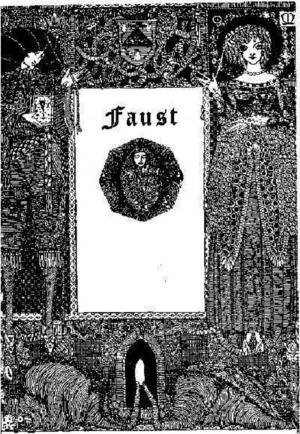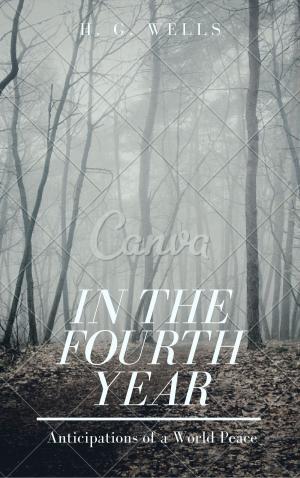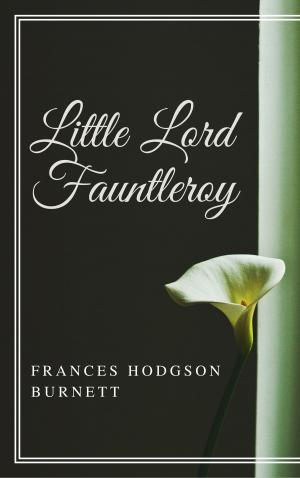Book of Romance (Annotated & Illustrated)
Fiction & Literature, Action Suspense, Classics, Historical| Author: | Andrew Lang | ISBN: | 1230000249151 |
| Publisher: | Consumer Oriented Ebooks Publisher | Publication: | June 30, 2014 |
| Imprint: | Language: | English |
| Author: | Andrew Lang |
| ISBN: | 1230000249151 |
| Publisher: | Consumer Oriented Ebooks Publisher |
| Publication: | June 30, 2014 |
| Imprint: | |
| Language: | English |
*This Book is annotated (it contains a detailed biography of the author).
*An active Table of Contents has been added by the publisher for a better customer experience.
*This book has been checked and corrected for spelling errors.
A few words may be said about the Romances contained in this book. In
the editor's opinion, romances are only fairy tales grown up. The
whole mass of the plot and incident of romance was invented by nobody
knows who, nobody knows when, nobody knows where. Almost every people
has the Cinderella story, with all sorts of variations: a boy hero in
place of a girl heroine, a beast in place of a fairy godmother, and so
on. The Zuñis, an agricultural tribe of New Mexico, have a version in
which the moral turns out to be against poor Cinderella, who comes to
an ill end. The Red Indians have the tale of Orpheus and Eurydice,
told in a very touching shape, but without the music. On the other
hand, the negroes in the States have the Orpheus tale, adapted to
plantation life, in a form which is certainly borrowed from Europeans.
This version was sent to me some years ago, by Mr. Barnet Phillips,
Brooklyn, New York, and I give it here for its curiosity. If the
proper names, Jim Orpus and Dicey, had not been given, we might not
feel absolutely certain that the story was borrowed. It is a good
example of adaptation from the heroic age of Greece to the servile age
of Africans.
*This Book is annotated (it contains a detailed biography of the author).
*An active Table of Contents has been added by the publisher for a better customer experience.
*This book has been checked and corrected for spelling errors.
A few words may be said about the Romances contained in this book. In
the editor's opinion, romances are only fairy tales grown up. The
whole mass of the plot and incident of romance was invented by nobody
knows who, nobody knows when, nobody knows where. Almost every people
has the Cinderella story, with all sorts of variations: a boy hero in
place of a girl heroine, a beast in place of a fairy godmother, and so
on. The Zuñis, an agricultural tribe of New Mexico, have a version in
which the moral turns out to be against poor Cinderella, who comes to
an ill end. The Red Indians have the tale of Orpheus and Eurydice,
told in a very touching shape, but without the music. On the other
hand, the negroes in the States have the Orpheus tale, adapted to
plantation life, in a form which is certainly borrowed from Europeans.
This version was sent to me some years ago, by Mr. Barnet Phillips,
Brooklyn, New York, and I give it here for its curiosity. If the
proper names, Jim Orpus and Dicey, had not been given, we might not
feel absolutely certain that the story was borrowed. It is a good
example of adaptation from the heroic age of Greece to the servile age
of Africans.















